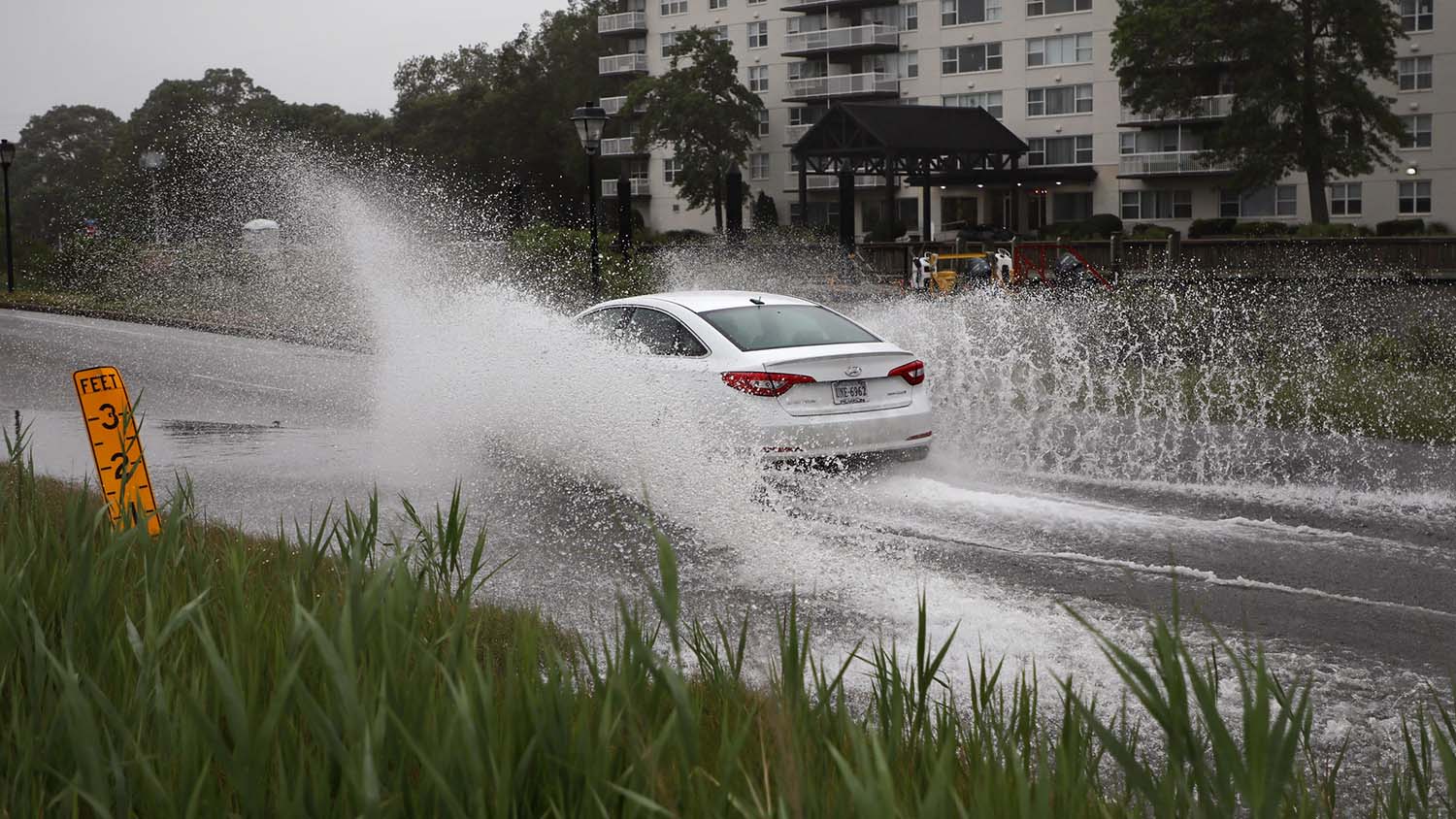Low rainfall to the end of August is another stark reminder for Perth residents of the ever-increasing need to stay waterwise in the face of climate change – following one of the city’s driest and warmest winters on record.
According to the Bureau of Meteorology, this winter was Perth’s equal warmest and fourth driest on record.
Only 490 mm of rain filled metropolitan gauges to the end of winter (August 31) this year, which is 186.5 mm or 27.6 per cent below the long-term average.
The combination of drier soils and reduced rainfall has also meant less water is flowing into metropolitan dams.
To the end of winter, just 21.8 billion litres of runoff, or streamflow, fed into Perth dams – which is 187.2 billion litres or 90 per cent below the long-term average.
To put that in perspective, 21.8 billion litres is only enough to supply Perth households and businesses with water for around 22 summer days.
In the face of climate change, Perth no longer relies on rainfall alone to fill its dams. In fact, 43 per cent of water supplied to Perth homes and businesses comes from desalinated seawater.
Since 2001, the WA Government, through the Water Corporation, has invested $2.2 billion in climate-resilient water sources such as desalinated seawater and recycled water, which now account for nearly half of all water supplied through the Integrated Water Supply Scheme (IWSS)*.
As WA’s climate gets hotter and drier, and as its population grows, managing demand is equally as vital as investing in new sources of water. This winter, total water supplied through the IWSS was 47.9 billion litres – 0.7 billion litres less than forecast.
To assist the community with saving water, the successful Leak Assist pilot program, which was launched in July this year, will be continued and extended to include regional WA.
Since Leak Assist was launched, 1,494 rebates of $100 each have been provided to eligible customers who engaged a licensed, waterwise plumber to repair a leak – with an expected 900 million litres of water to be saved in the first year under the expanded program.
Each year across Perth and Peel, 8.6 billion litres, or the equivalent of 3,822 Olympic-sized swimming pools is estimated to be lost through household water leaks.
Leak Assist is one of many water-saving initiatives available through the Water Corporation, with more waterwise initiatives set to be launched in the coming weeks as summer approaches.
To learn more about the many ways we can all be waterwise in the home and garden, and how Perth’s water supply is adapting to meet the challenge of climate change, visit https://www.watercorporation.com.au
As stated by Water Minister Dave Kelly:
“You may think it’s been a wet winter, but in reality Perth has just emerged from one of its driest winters on record – this is not a one-off. Warmer winters with less frequent rainfall are the new normal and serve to remind us that every drop of water is precious.
“Climate change continues to be the biggest challenge facing Perth’s water supply system and in response, we all have a role to protect it and to adapt the way we use water.
“It is up to all of us to heed the waterwise message and ensure we continue to meet the challenge posed by climate change into the future.”
*The Integrated Water Supply Scheme (IWSS) is the largest scheme managed by the Water Corporation. It delivers 298 billion litres of water each year to more than two million people in Perth, the Goldfields and Agricultural region and some parts of the South-West.






